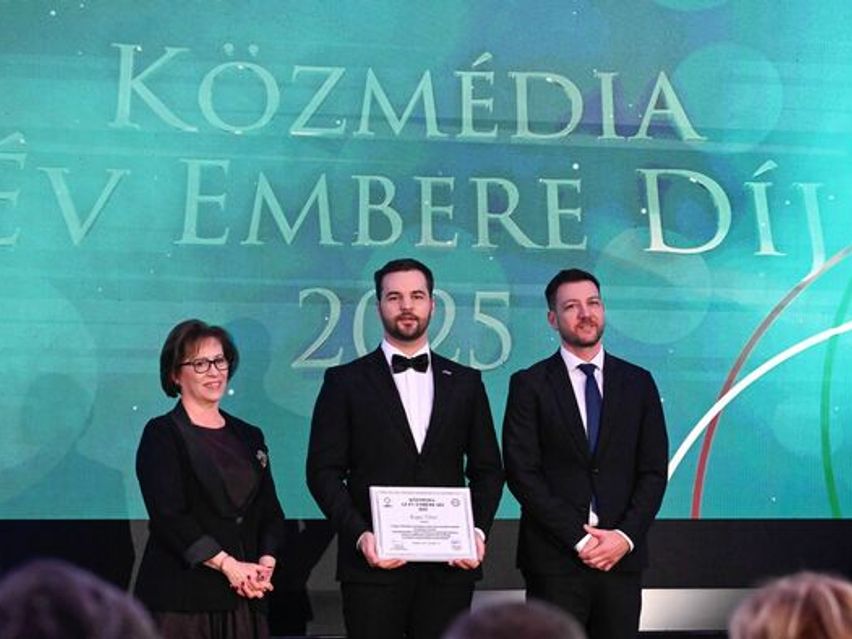On Tuesday, Hungary's National Assembly is scheduled to discuss bills related to family support, a proposal regarding the installation of ATMs, as well as amendments to laws on the asset declarations by members of the European Parliament (MEPs) and the suspension of Hungarian citizenship.
MPs will debate the proposed tax exemptions for infant care benefits (CSED), childcare benefits (GYED), and adoption allowances. Under the proposal, these allowances will be exempt from personal income tax as of July 1.
Next, lawmakers will discuss income tax exemptions for mothers under 30 and for mothers raising two or three children.
According to the proposal on benefits for mothers under the age of 30, from January 1, 2026, all mothers in this age group will be entitled to full income tax exemption on their work-related income, regardless of when their child was born or how much they earn. The bill on mothers raising two children outlines that the exemption will be introduced in four phases starting next year, rolling out to all mothers with two children from January 1, 2029. Mothers raising three children could claim income tax exemption on their work-related earnings as early as October 1 this year, according to the fourth proposal under general discussion.

Also on the agenda is a proposal related to the installation of automated teller machines (ATMs), stating that the provision of cash withdrawal services from payment accounts must be ensured in every settlement via an ATM.
the provision of cash withdrawal services from payment accounts must be ensured in every settlement via an ATM.
The agenda includes amendments to laws on asset declaration obligations for MEPs, requiring them to submit declarations identical in content to those of National Assembly lawmakers. If a MEP provides false information, they may lose their mandate in the European Parliament.
The lawmakers will also discuss amendments to laws allowing the suspension of Hungarian citizenship. Based on the proposed legislation, citizenship may be suspended for up to ten years for individuals who pose a threat to Hungary’s public order, public security or national security.
Changes to compulsory health insurance laws will permit mothers receiving infant care benefits (CSED) to resume work after their child reaches three months of age, with the benefit reduced to 70 percent of the previous amount.























Szóljon hozzá!
Jelenleg csak a hozzászólások egy kis részét látja. Hozzászóláshoz és a további kommentek megtekintéséhez lépjen be, vagy regisztráljon!